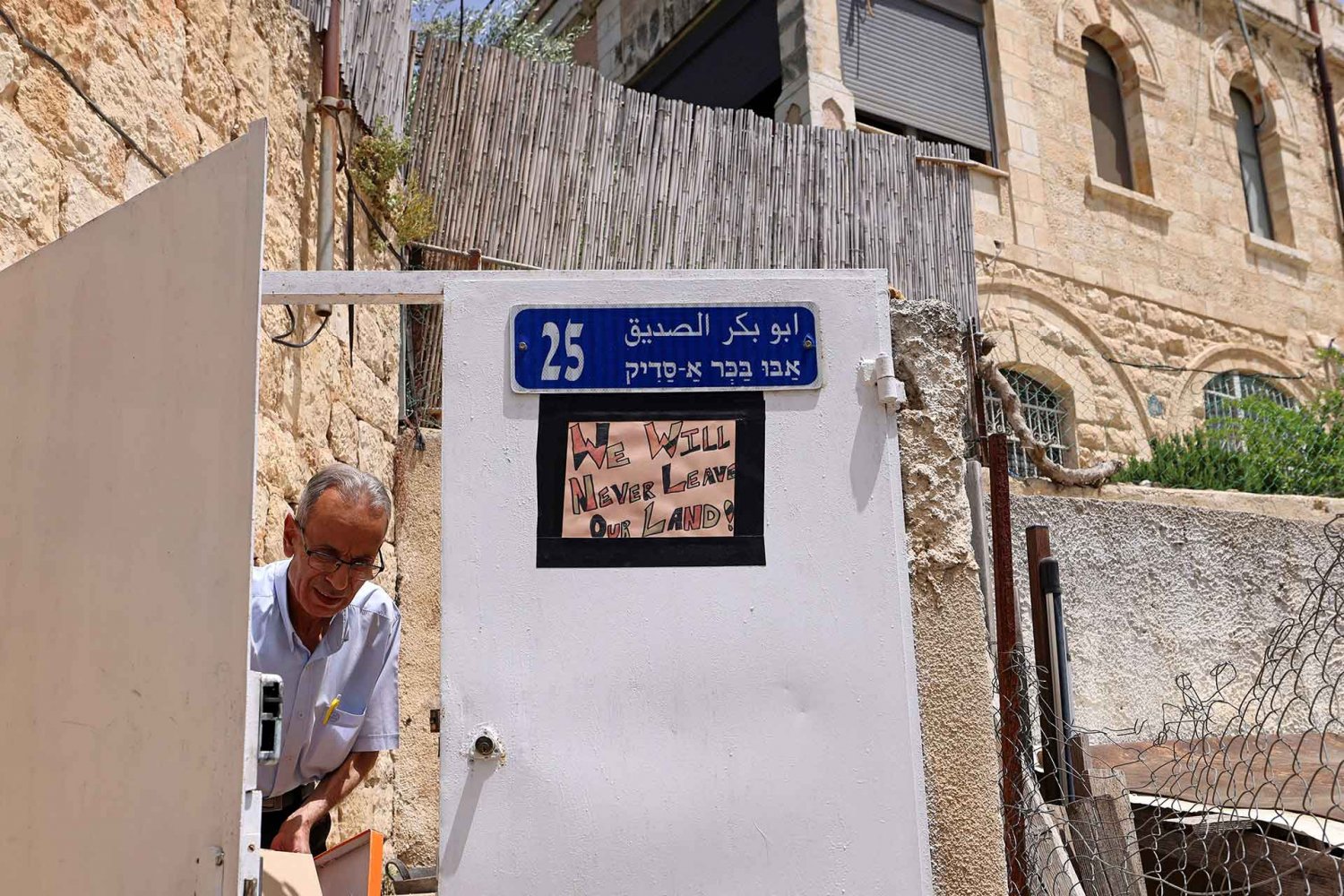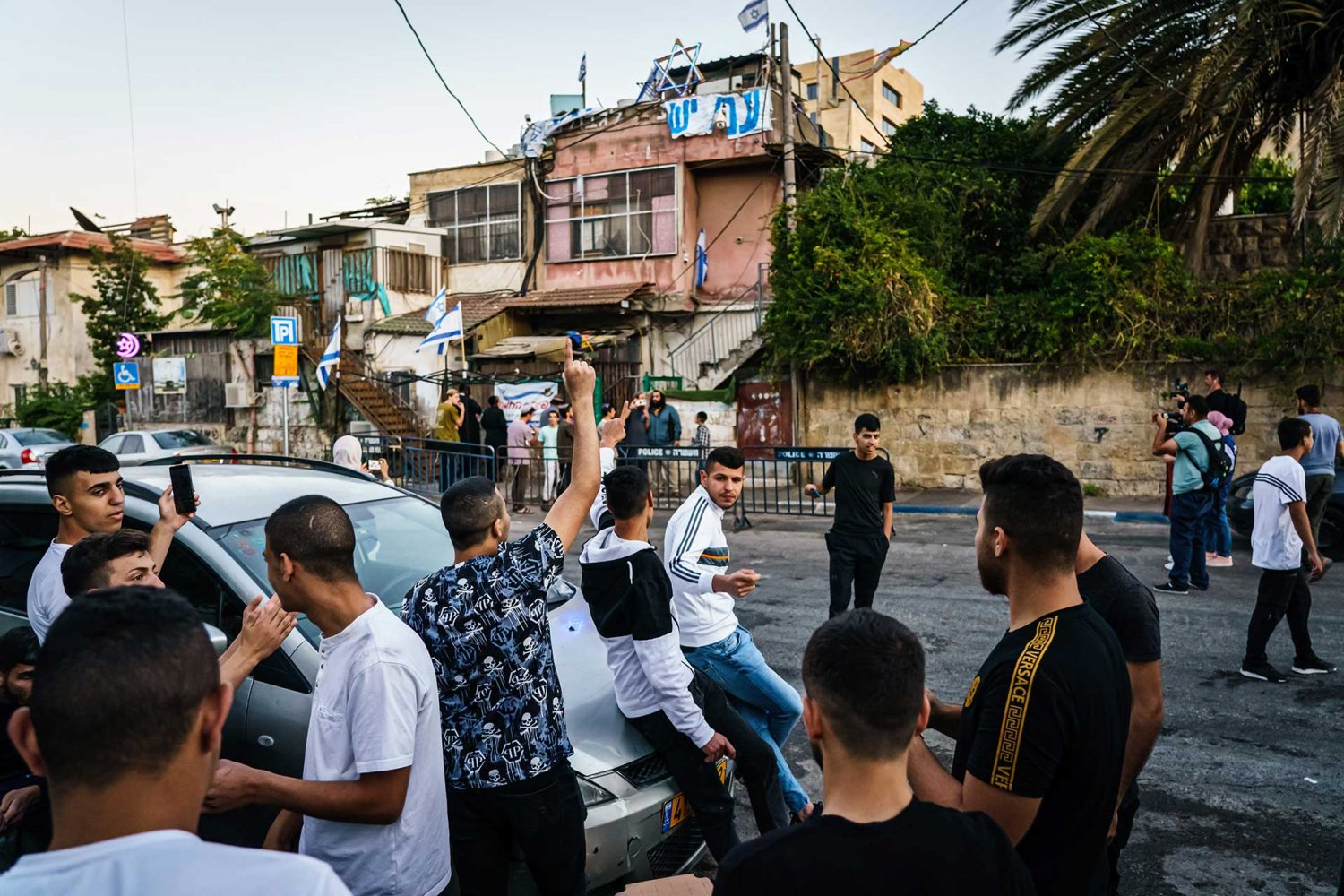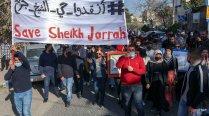On May 9, 2024, the Israeli Supreme Court canceled the expulsion orders previously issued to the al-Daoudi, Dajani, and Hammad families in the East Jerusalem Kerem al-Juni area of Sheikh Jarrah neighborhood on September 4, 2020.
In temporarily annulling the expulsion orders, the Supreme Court relied upon a precedent1 established in its prior March 1, 2022, decision to overturn the expulsion orders issued to four other families in Sheikh Jarrah—the al-Kurd, Qasim, Skafi, and Jaouni families. With these cases, the Supreme Court ruled that ownership of the land hasn’t been finalized yet, so therefore until property ownership rights are determined through a settlement of land title (SOLT) process, the families can remain in their homes as protected tenants depositing a symbolic amount of rent—NIS 2,400 ($740) per year—into a bank account shared by all lawyers involved in the case.2 The Jewish settlers claiming ownership to the land would not receive any of this money unless and until the SOLT process is completed and the landownership issue resolved in their favor.
The latest ruling marked a significant shift in the situation from the spring and summer of 2021. At that time, the Jerusalem District Court ruled in favor of the lower Jerusalem Magistrate Court’s ruling ordering the forcible expulsion of the three families3 from the homes they’ve lived in for decades. The three families were ordered to leave their homes by August 1, 2021.
The attempted expulsions of these families were at the heart of the May 2021 Unity Uprising that started in Jerusalem and spread to other areas of the country.




